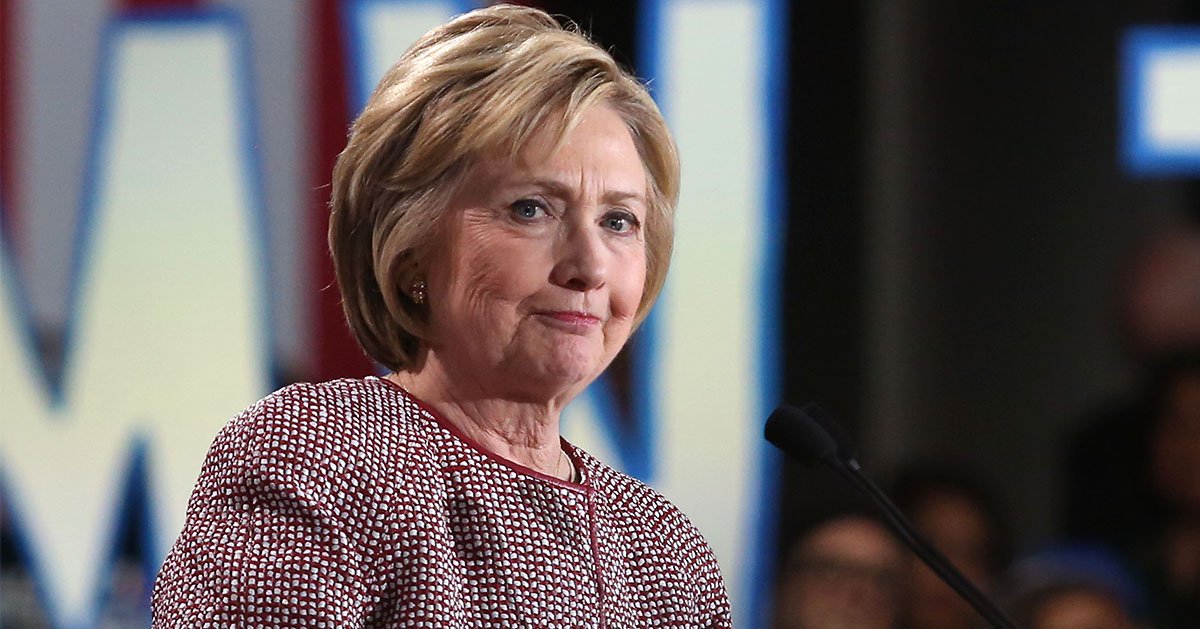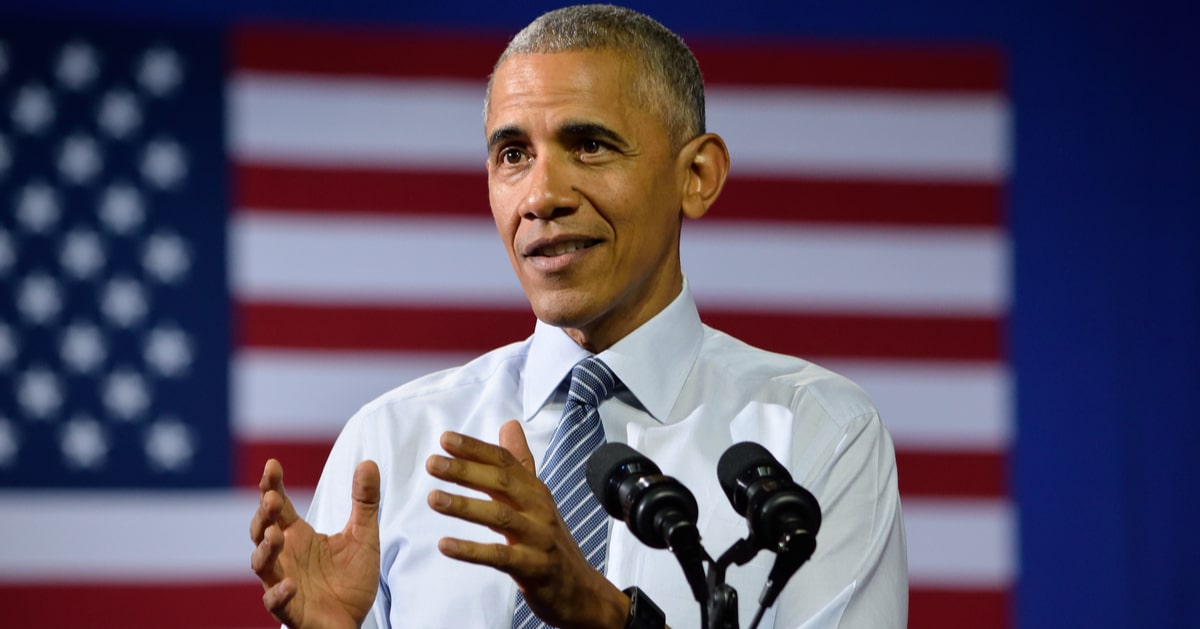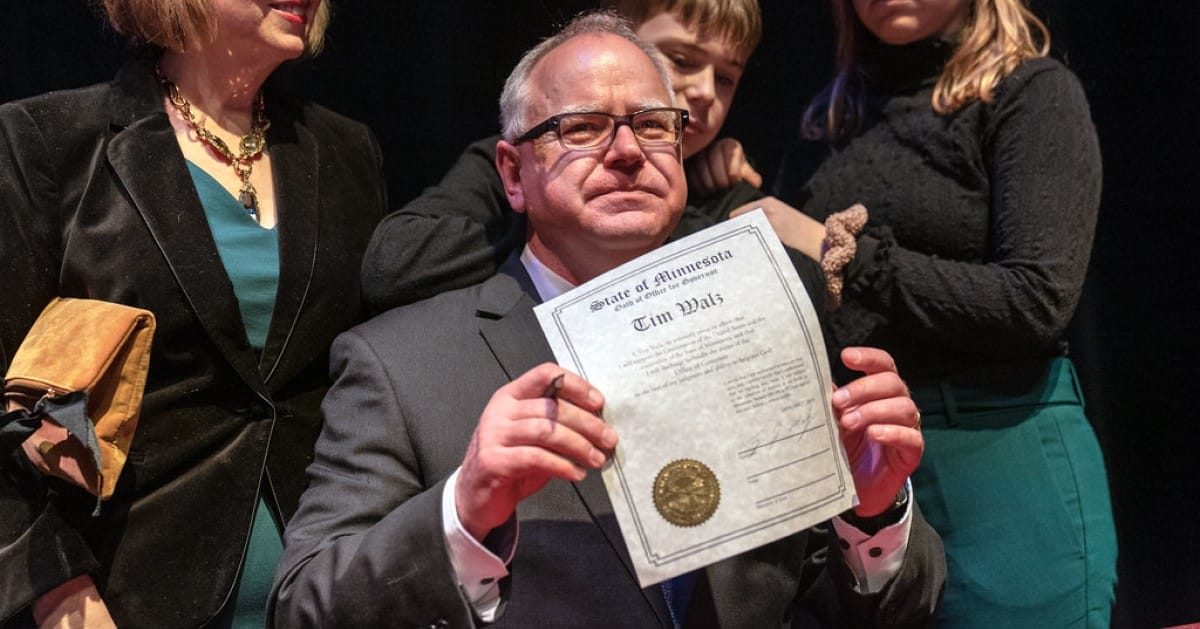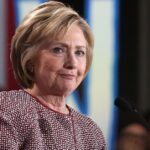








President Donald Trump's plans to alter the name of Veterans Day have been reversed, causing a mix of reactions from veterans and political leaders. The White House confirmed that the proposal to rename the holiday to "Victory Day for World War I" will not be pursued.
Military.com reported that the White House will instead issue a proclamation to celebrate American victories in both World Wars, maintaining the established name, Veterans Day.
Initially, the administration considered rebranding the holiday, drawing opposition from veteran organizations.
The idea was born out of a desire to commemorate military success in World War I more prominently. However, this plan attracted criticism from key groups who felt it misrepresented the essence of the holiday.
Groups like the Disabled American Veterans voiced their disagreement succinctly with a statement of "No." The Veterans of Foreign Wars also expressed misgivings, initially seeking clarity on the proposed changes, but ultimately supporting the retention of the Veteran's Day name.
Rob Couture, a spokesperson for the VFW, stated that keeping Veterans Day intact was crucial. He highlighted the historical significance of the date, referencing the armistice of November 11, 1918, formally recognized as the "11th hour of the 11th day of the 11th month."
Senate Veterans Affairs Committee member Sen. Richard Blumenthal articulated the importance of honoring service members from all wars.
In his remarks, he emphasized that the holiday should remain a day to honor everyone who has served rather than shifting focus entirely to historical victories.
The proposal to change the holiday’s name faced not just organizational but also political barriers. Changes to federal holiday names necessitate congressional approval, a challenging prospect given the current political climate and opposition.
President Trump previously issued an executive order to rename geographic landmarks, such as the Gulf of Mexico now being dubbed "Gulf of America," an action that reflects his administration’s approach to national branding. However, the legislative barriers to renaming Veterans Day proved more significant.
The White House's clarification of their decision comes in the face of mounting resistance and the potential for unnecessary conflict on Capitol Hill.
White House Press Secretary Karoline Leavitt publicly affirmed the tradition of Veterans Day, noting, "We are not renaming Veterans Day,” and further stating the importance of honoring veterans alongside commemorating World War victories.
The existing Veterans Day, historically known as Armistice Day, was renamed under President Dwight D. Eisenhower to honor military veterans and promote peace. Eisenhower believed in commemorating those who sacrificed to preserve the nation and encouraged a dedication to enduring peace.
President Trump, in his statements on social media, expressed the perspective that Allied countries commemorate May 8 as Victory Day.
He suggested that the U.S. had played the most significant role in securing victory in World War II, and the country should celebrate that accomplishment.
While Trump's administration appeared eager to amplify the focus on wartime achievements, historical commentary demonstrates a commitment to recognizing peace as a primary outcome of war victories. President Calvin Coolidge, when dedicating Liberty Memorial, emphasized celebrating the results of war through peace rather than conflict itself.
Ultimately, preserving Veterans Day under its current title maintains a longstanding tradition cherished by many Americans. As the nation honors military service personnel, the weight of both victory and peace continues to underscore public commemorations.



